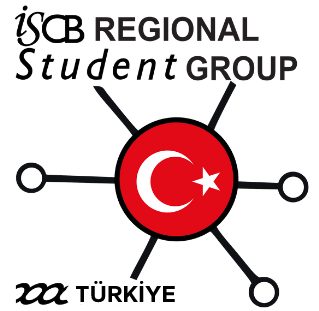How to Make NGS Analysis Workflows Portable and Reproducible?
Date: November 15, 2024
Topics:
- Introduction to FAIR (Findable, Accessible, Interoperable, and Reusable) data principles.
- Reproducibility, Adaptability, and Portability of Workflows.
- The importance of adapting and standardizing NGS analysis workflows.
- How nf-core based workflows meet various research needs.
- Standardization and Comparative Testing Processes for Workflows.
- Scaling, robust, and automated workflows in both local and cloud environments.
Practical Session:
- Managing Workflows with Nextflow and nf-core.
- Hands-on practice on a real dataset, demonstrating workflow management across different configurations in local and cloud environments.
Session Schedule
| Time | Activity |
|---|---|
| 9:00am - 9:30am | What is FAIR data? Reproducibility, adaptability, and portability of Workflows |
| 9:30am - 10:15am | Hands-on part 1: Docker, Github, introduction to nextflow and nf-core tools |
| 10:15am - 10:30am | Break |
| 10:30am - 11:30am | Hands-on part 2: Setting up a simple nextflow workflow using nf-core tools |
| 11:30am - 11:50am | How to keep reproducibility |
| 11:50am - 12:00pm | Summary |
